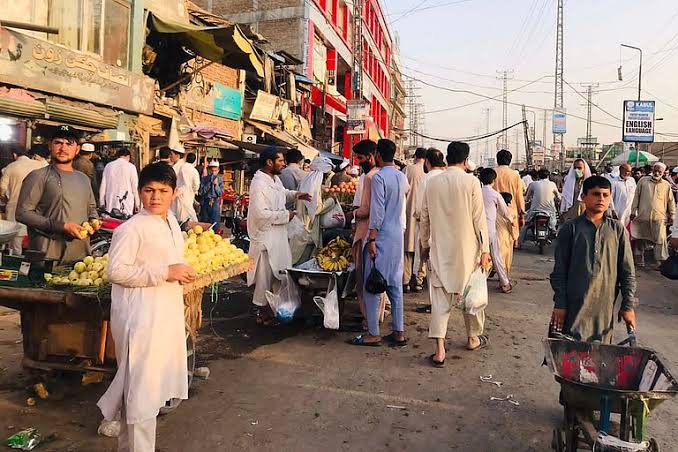In the intricate tapestry of global economics, periods of stability often coexist with times of uncertainty. As we navigate the ever-changing landscape of financial markets, geopolitical tensions, and societal shifts, it becomes increasingly evident that we are currently treading through a precarious economic situation, The signs of instability are glaring. From the impacts of the ongoing pandemic to the specter of inflation, and from supply chain disruptions to geopolitical conflicts, myriad factors are contributing to a sense of unease in economic circles worldwide. These challenges have created a complex web of interconnected issues, posing significant hurdles for governments, businesses, and individuals alike. At the heart of this precarious situation lies the COVID-19 pandemic, an unprecedented global crisis that continues to exert its influence on economies worldwide. While the rollout of vaccines has provided a glimmer of hope, the road to recovery remains fraught with challenges. The pandemic has not only disrupted supply chains and decimated industries but has also exacerbated existing inequalities, leaving vulnerable populations disproportionately affected. Moreover, the economic fallout from the pandemic has been compounded by inflationary pressures. As demand outstrips supply in various sectors, prices have surged, leading to concerns about the erosion of purchasing power and the potential for sustained inflationary trends. Central banks are grappling with the delicate balancing act of supporting economic recovery while preventing runaway inflation, a task made all the more challenging by the unprecedented nature of the current circumstances.
Adding to the complexity are geopolitical tensions that have roiled global markets. Trade disputes, sanctions, and geopolitical rivalries have the potential to disrupt supply chains, drive up costs, and dampen investor sentiment. From trade tensions between the United States and China to regional conflicts in the Middle East and Eastern Europe, geopolitical flashpoints are casting a shadow over the economic outlook, In the face of these challenges, businesses are being forced to adapt rapidly to a rapidly evolving landscape. Supply chain resilience, once taken for granted, has emerged as a critical priority for companies seeking to mitigate the risks posed by disruptions. Digital transformation, accelerated by the pandemic, has become not just a strategic imperative but a survival imperative for businesses across industries. Moreover, the shift towards remote work and digital services has opened up new opportunities for innovation and growth, even as it presents its own set of challenges. for policymakers, the task ahead is equally daunting. Balancing the need for economic stimulus with concerns about inflation and fiscal sustainability requires careful calibration. Moreover, addressing the underlying structural issues that have been laid bare by the pandemic, such as inequality and fragility in healthcare and social safety nets, will be essential for building a more resilient and inclusive economy in the long term, Amidst the uncertainty and volatility, however, there are also opportunities for positive change. The crisis has underscored the importance of international cooperation and solidarity in addressing global challenges. From vaccine distribution to climate action, collective action is imperative for overcoming shared threats and building a more sustainable future, Moreover, the rapid pace of technological innovation presents opportunities for businesses to adapt and thrive in the digital age. From artificial intelligence and automation to renewable energy and sustainable technologies, the possibilities for innovation are boundless. while we find ourselves in a precarious economic situation, characterized by uncertainty and volatility, we must also recognize the potential for positive change and renewal. By embracing innovation, fostering collaboration, and addressing underlying vulnerabilities, we can navigate the challenges ahead and build a more resilient and inclusive economy for future generations.

